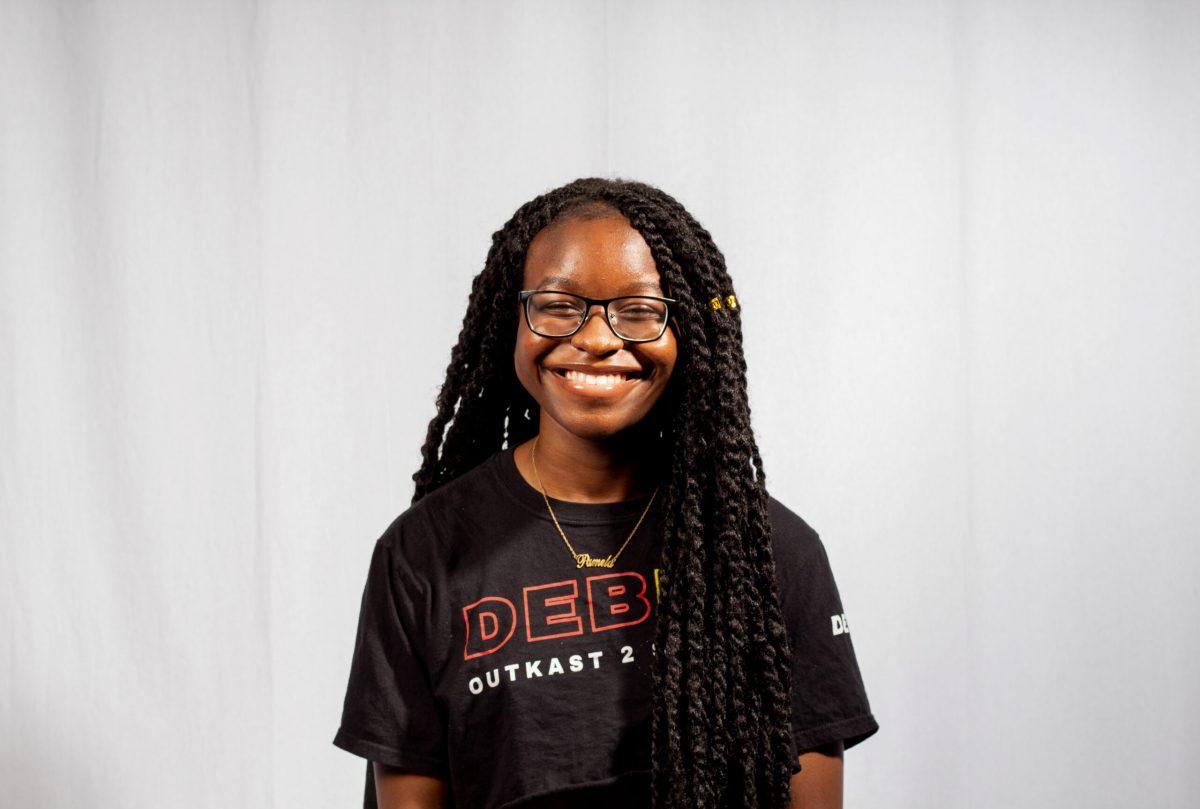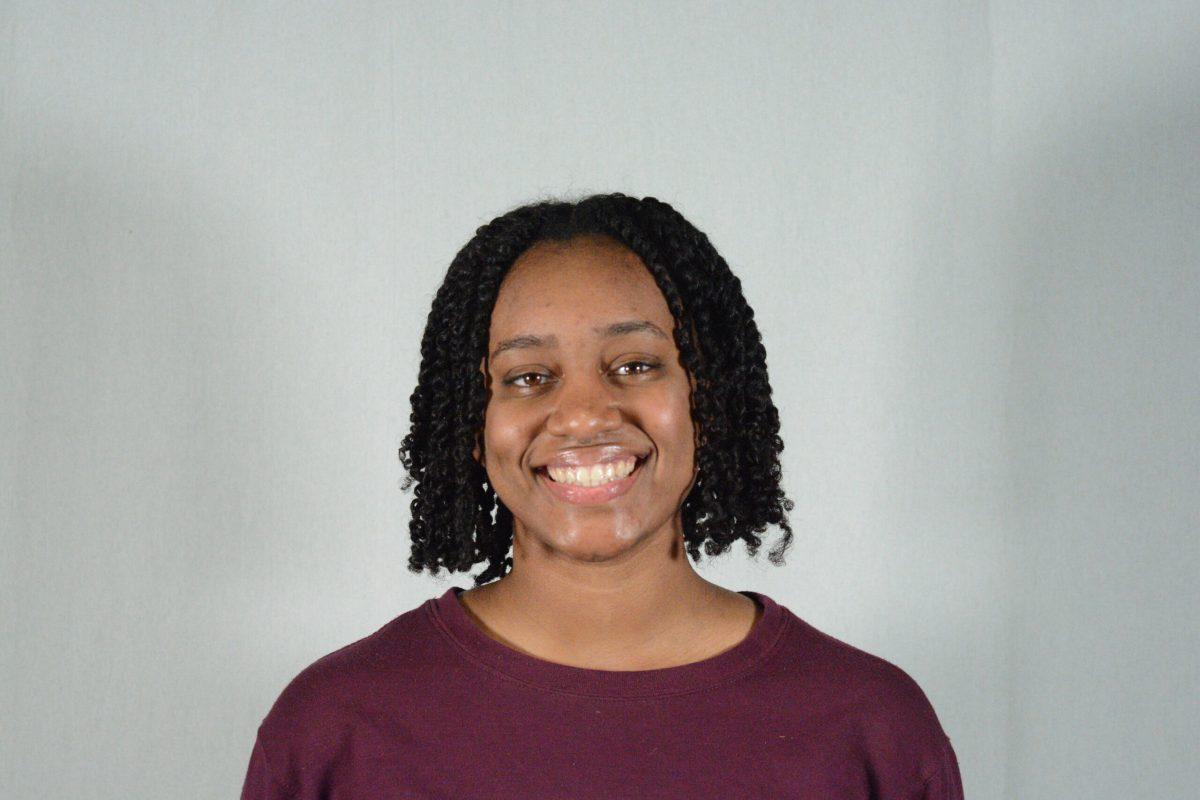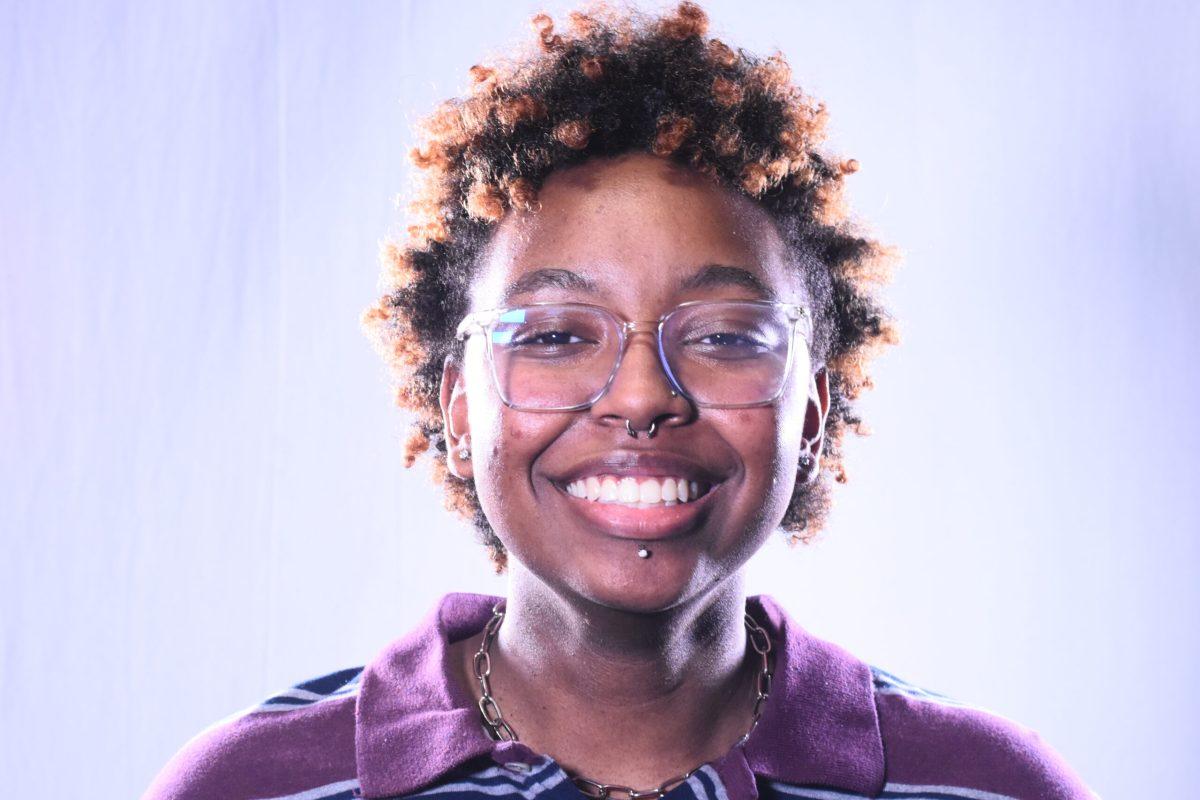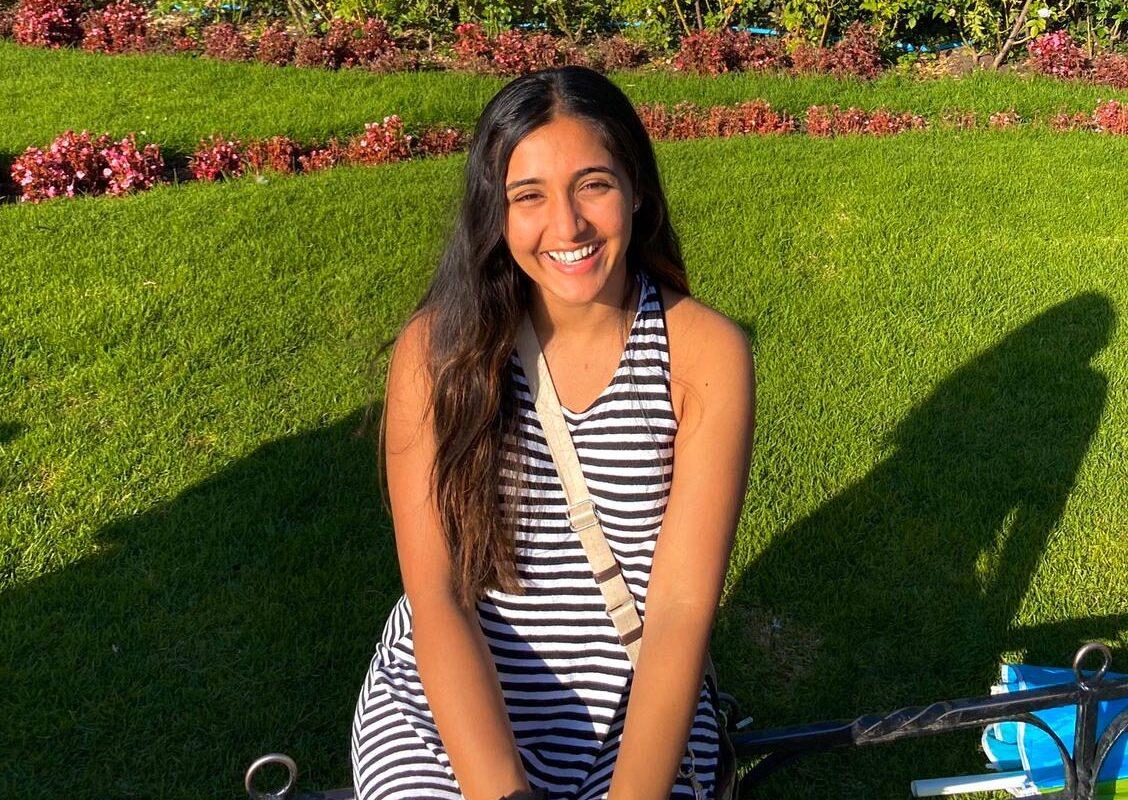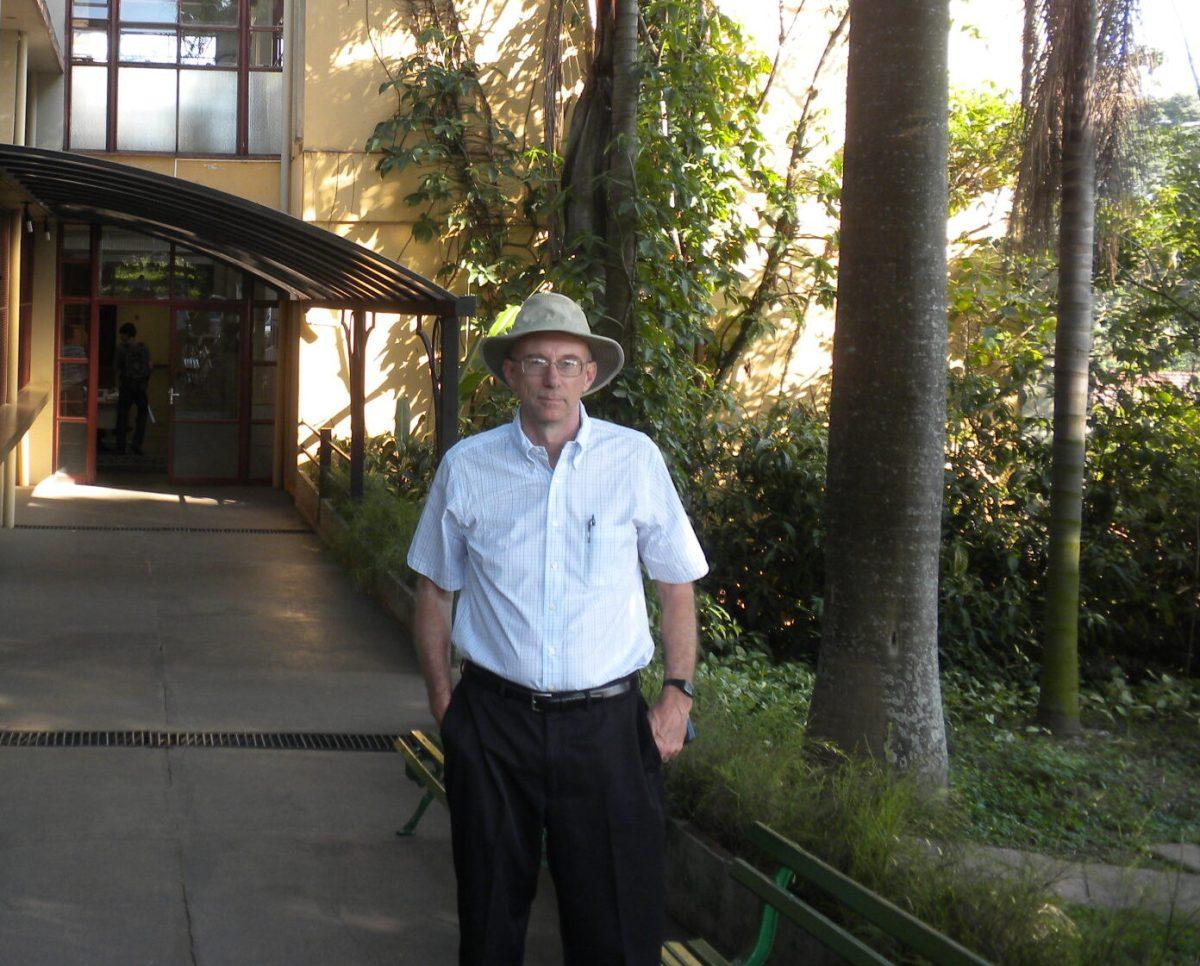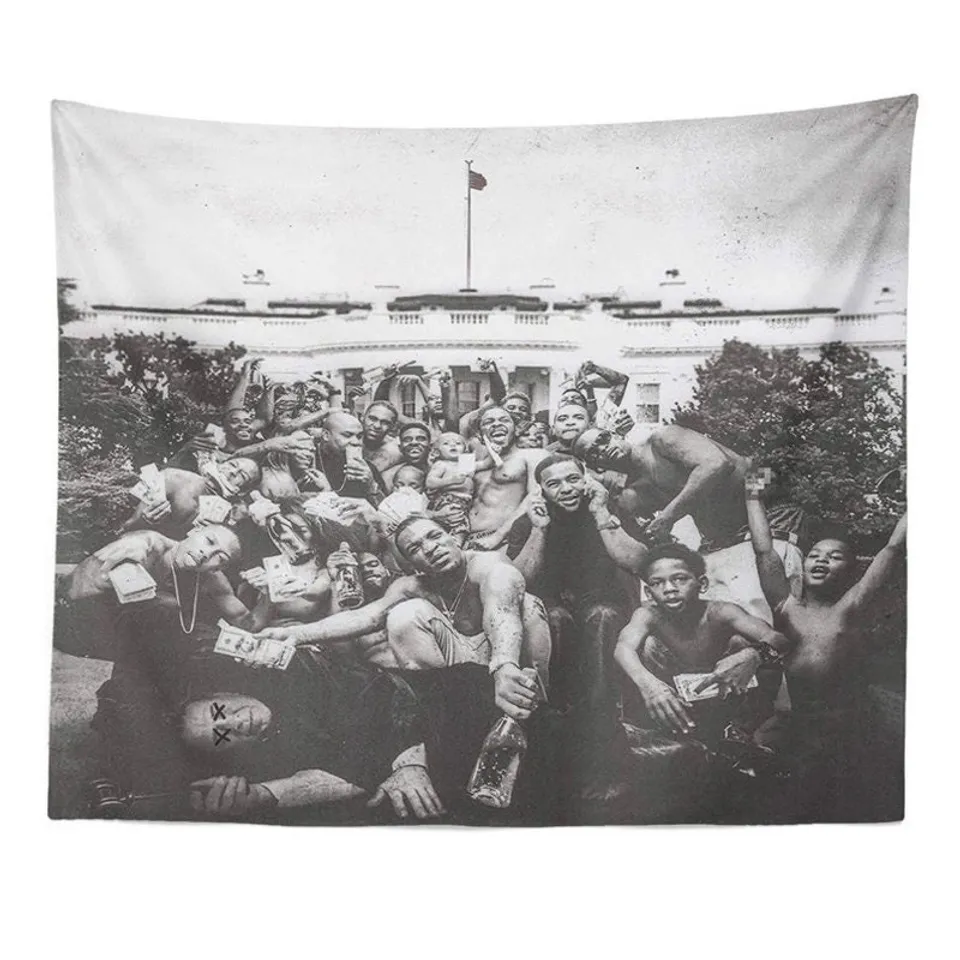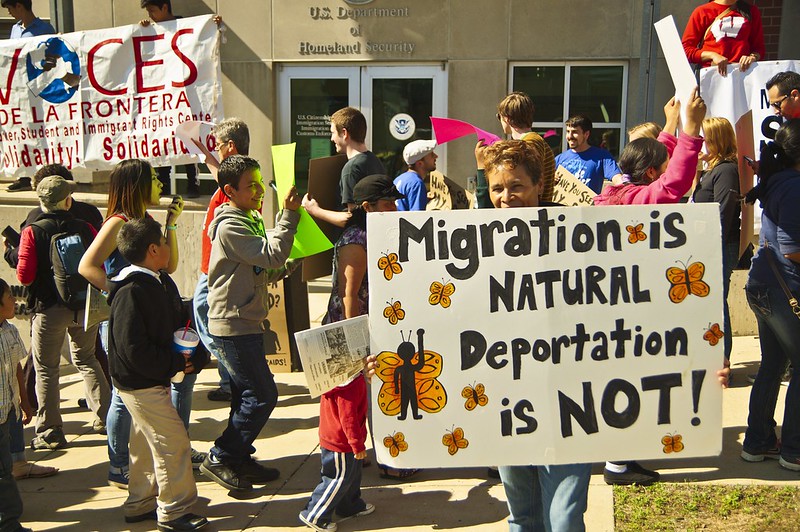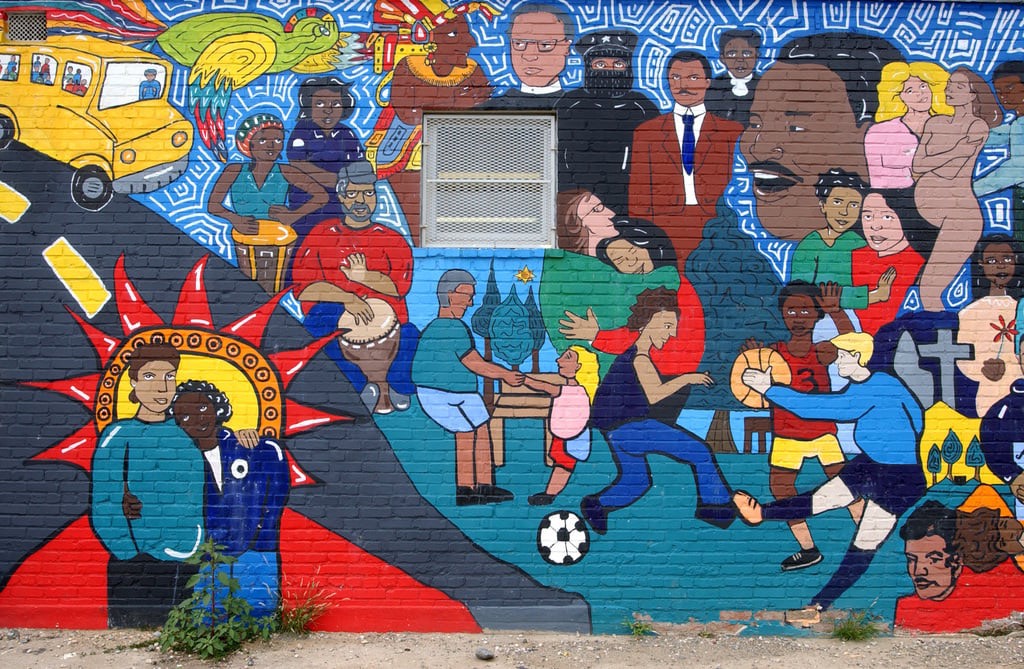Shawn Fredericks | Staff Writer
A time of love, connection and celebration is approaching—Pan-Afrikan Week.
The long-awaited occasion is the week where black people are supposed to come together in friendship and attend a week of events carefully curated by the hardworking people of the Black Students Board.
In my experience, however, Pan-Af does not and has not lived up to the values of Pan-Africanism, the term from which the week gets its namesake.
Honestly, Pan-Af is NC State’s “African-American Homecoming week with a little diasporic spice.” An African-American homecoming week would not get any opposition from me, but I wish it was much more honest about it.
The week is more often about parties, outfits and being on the gram with your clique than building solidarity between people of African descent.
To be clear, the issue of Pan-Af Week has nothing to do with the quality of events, but their intention and essential nature. Pan-Af Week’s events do not seek to foster kinship between diasporic people, which is in the opposite of the principals of Pan-Africanism.
Pan-Africanism is, as defined by an essay titled “Pan-Africanism” by Minkah Makalani, associate professor and graduate advisor of African and African Diaspora studies at the University of Texas in Austin, “a belief that African peoples, both on the African continent and in the Diaspora, share not merely a common history, but a common destiny.”
Pan-Af Week fails at a basic level. The celebratory nature of the week does little to educate people about the connection between diasporic peoples. Furthermore, the emphasis on the African-American experience creates an erasure effect where the concept of blackness is only seen through one set of experiences.
Blackness is global; it’s in Asia, Latin America, the Carribean, Europe and heck, even Canada. Blackness has always been multifaceted. Frankly, it’s lazy to slap the name Pan-Af on a week that does little to foster the ideals of Pan-Africanism. Furthermore, it’s disrespectful for the website to say it’s celebrating blackness with such little representation.
Pan-Af Week in its current iteration is disappointing, and the issue lies with representation and lack of acknowledgment of the greater African diaspora.
Marriah Decosta, president of the Carribean Student Association spoke about her reaction to this year’s Pan Af event calendar: “Most of the time, whenever there’s events during Pan-Af Week, I’m just used to seeing it being catered toward African Americans and Africans. It doesn’t really encompass the entire diaspora, so I wasn’t really pressed to see it not really catered towards Carribean students.”
She further elaborated by saying, “I assumed that would be our responsibility, like my org’s responsibility to bring that to the table then. Like, that’s why we created it in the first place—because we never saw any representation anyway.”
Pan-Af Week’s lack of representation has another detrimental effect. It perpetuates ignorance.
Dr. Craig Brookins, coordinator of the Africana Studies program for NC State, shared his thoughts about Pan-Af Week, saying, “Many of us have wanted to see more of this kind of discussion more during the week, more efforts to kind of educate folk on connections and the meaning of Pan-Africanism.”
Pan-Af Week’s lack of educational events about the greater diaspora is a wasted opportunity to bring people from all over the diaspora together. Misunderstandings and stereotypes are the by-products of ignorance, so if Pan-Af Week is to continue, it must be more intentional in showcasing more aspects of the diaspora.
Also, the lack of education of what Pan-Africanism is can lead people into thinking that the idea of Pan-Africanism is just about culture when it has social, political and economic aspects as well. This, again, perpetuates ignorance.
Pan-Af Week is something to be enjoyed by everyone, but there’s always going to be a cap on that enjoyment when one or two experiences of blackness are given care and attention. Going further, Pan-Af Week must be not just about parties and fun but also educating folks—or, to put it plainly, making more skin folks into kinfolks.
To my peers: enjoy the week, as I will also enjoy it, but be conscious of what’s seen and unseen during Pan-Af Week.
To be clear, I will acknowledge it’s easier for me to write this article than join Black Students Board to change this directly, as planning Pan-Af week is an intricate process. But I have faith that the leadership will look at this critique as a guide and not receive it as slander of their collective efforts.
Enjoy Pan-Af Week and stay black, stay proud.


